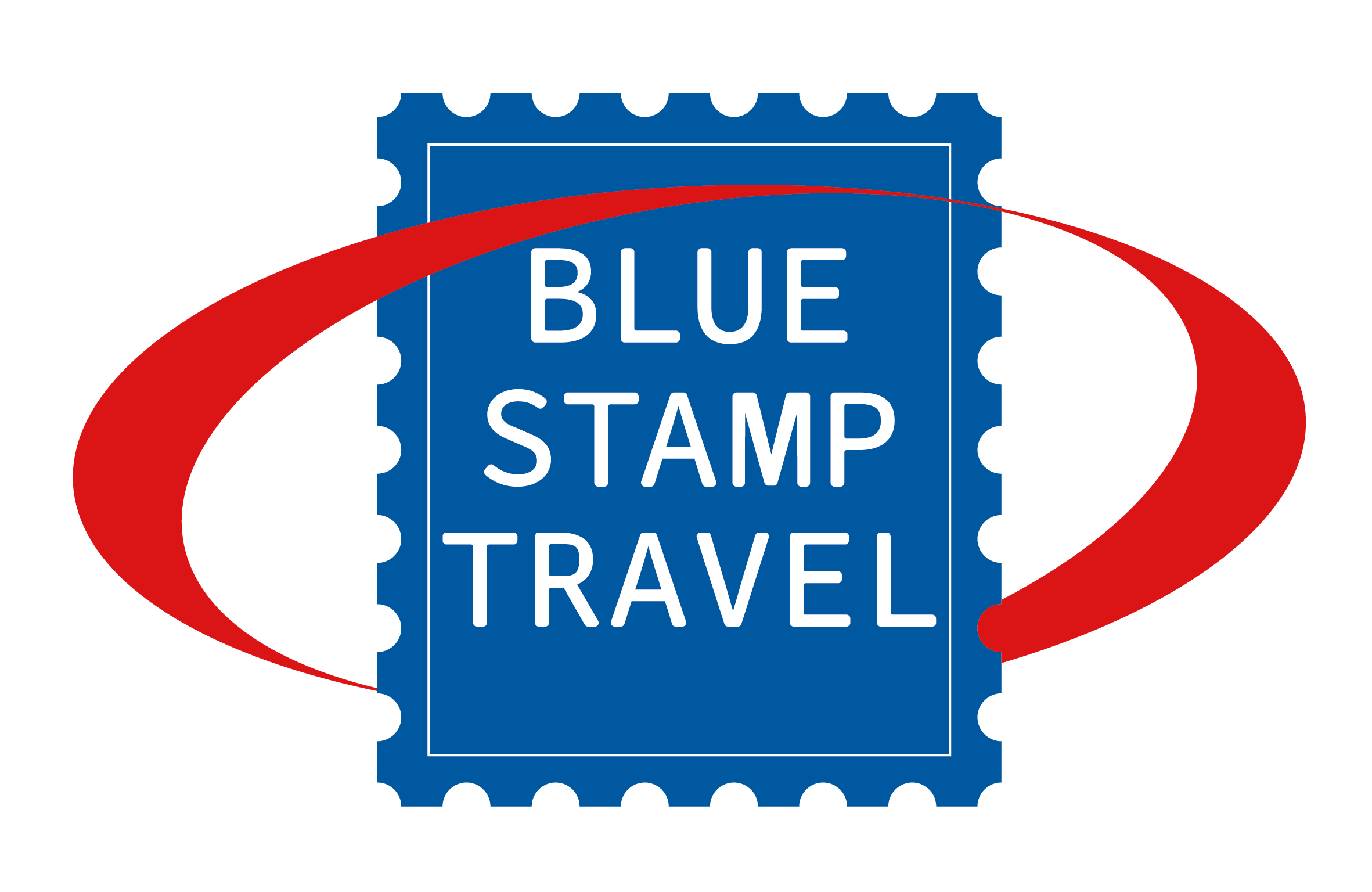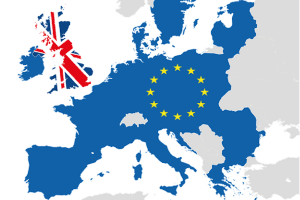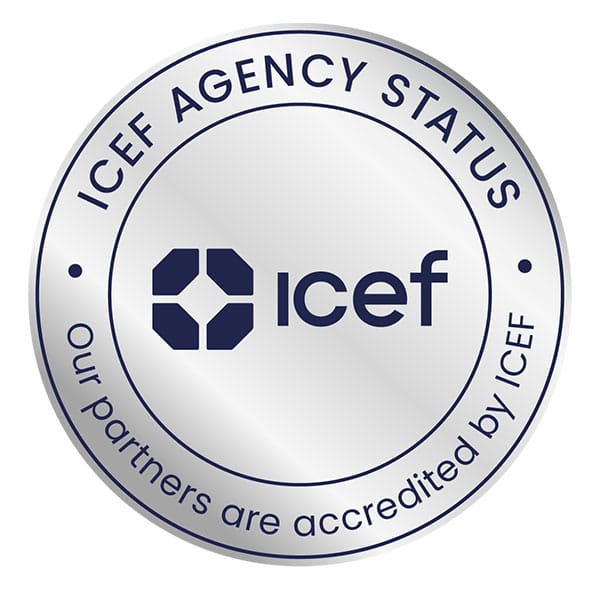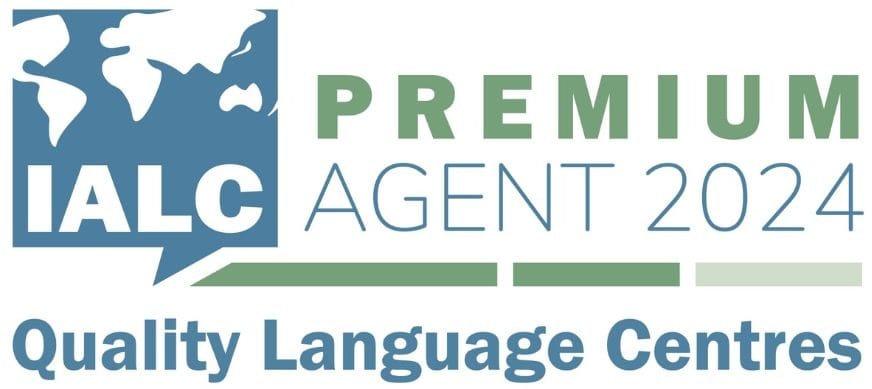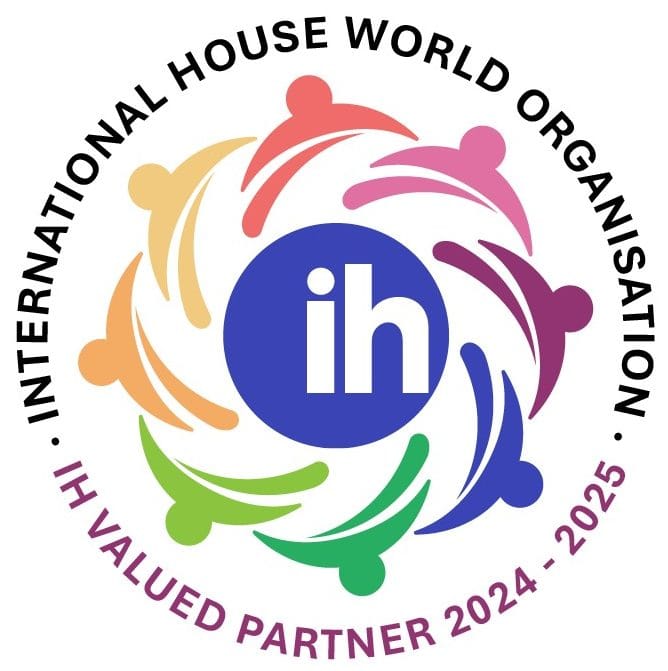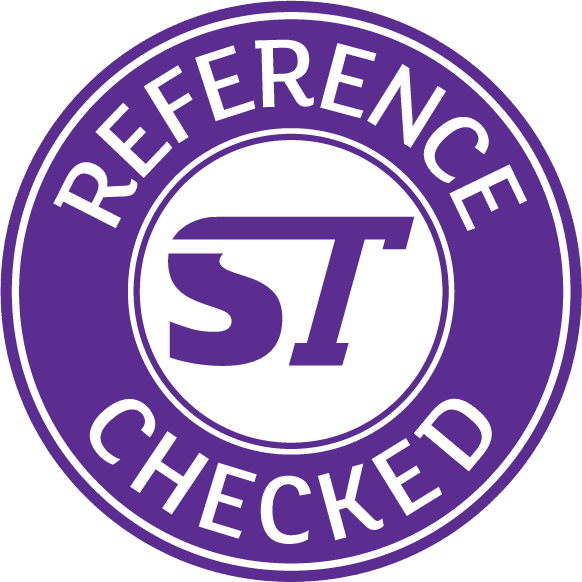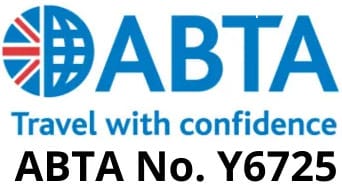Being bilingual is one of the most useful skills you could ever acquire, and will instantly provide you with more opportunities such as jobs, travel and international connections.
The positives that can come out of learning a language are only boosted when you’re fluent, so here are the top five reasons why being bilingual is the best skill to have…
Cultural awareness
Learning a language is only part of the studying experience – it can also give you unbeatable knowledge in global customs and cultures. A second language isn’t a requirement to learn about another culture, but it aids for a deeper level of understanding of people as well.
Easier travel
Being bilingual opens up so many doors for you, and those doors are likely to take you to international waters. Traveling with another language instantly makes things easier for you as you’ll be able to ask for directions, order in restaurants and understand the locals with ease. No location is off the table when you can speak the language.
Job opportunities
Having a second language under your belt can be indispensable when applying for jobs in certain markets. Some companies are always looking at ways to expand, and why couldn’t they turn to the international market with your help? Being bilingual will open up so many doors for your future, with everything from teaching, to journalism, to politics and international relations being within your reach. The sky is the limit.
Brain power
Studies have shown that those who are bilingual or know more than one language also have improved brain power. They are more likely to have improved memory, problem-solving skills and better concentration that their single language counterparts. The British Academy’s report of these cognitive benefits explains why.
Social life
As well as opening you up to more job and travel opportunities, being bilingual also gives you the chance to meet a whole host of new and different people. Having international connections will be an amazing asset in the long run, and you’ll always have a holiday destination in mind if you’re ever struggling to pick somewhere to visit.
How do you Become Bilingual
Practice every day
Like anything, your skills need honing and there’s nothing more beneficial than practice. Set aside an hour each day, or whatever spare time you have, and dedicate your time to learning a new verb conjugation or a new tense structure. Identify your goals and what you want from your language skills and find out how to get there. Being bilingual will be added to your skillset in no time at all.
Find different ways of learning
Sometimes the easiest way to become fluent in a language is to change the way you’re learning. Words and structures aren’t going to stay in your long term memory if you’re constantly memorising them off a simple sheet of paper. Combine this with listening to songs in your chosen language, watching native television shows, and reading their literature. If you can find a buddy to practice speaking with, this will make for invaluable practice as well.
Find a native friend
The easiest way to learn a new language is through speaking practice, and the easiest way to get this is to speak with a native who can encourage you to step out of your comfort zone. If you can’t travel to a different country for a holiday, looking into different educational opportunities that could take you abroad like a Work and Study trip. Native speakers are always more likely to help you if you attempt to speak their language, and if you can find a friend through that experience, then there’s surely nothing better!
Embrace your mistakes
Nobody can get everything right on the first try, and that’s a part of learning any new skill, including a language. Some languages can be more difficult than others, so never compare your skills to that of another. Everyone learns at their own pace, and if you make a mistake, at least you gave it a go!
Travel
There’s no better place to practice your new-found language skills than in its country of origin. Travelling to a different country is not only an amazing cultural experience, but can help you on your journey to becoming bilingual. Order in restaurants, talk to people on the street and on public transport, you’ll soon notice that your confidence and fluency will have improved massively. Why not look into working or an Internship Abroad?
